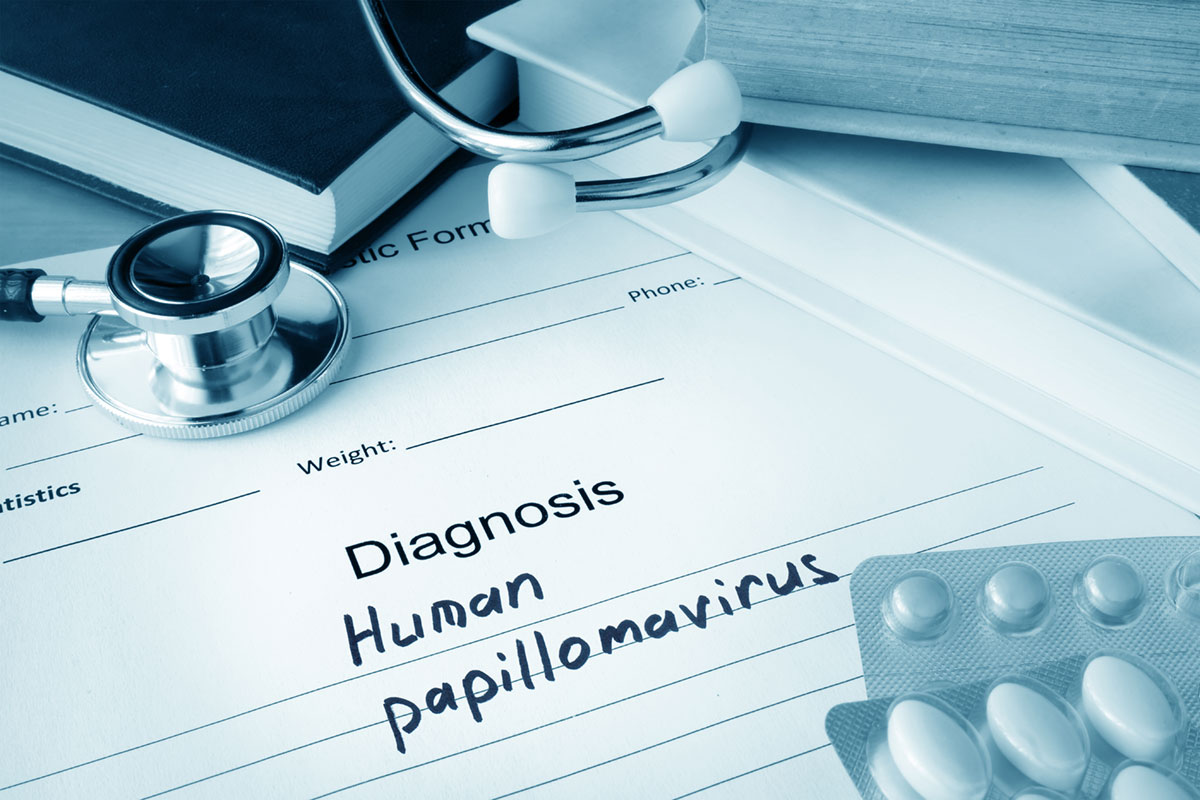New Study Links High-Risk HPV Infections to Increased Heart Disease Deaths in Women

A brand new analysis has discovered a connection between high-risk human papillomavirus (HPV) infections and greater heart disease-associated death in females. Women infected with a high-risk HPV strain have a fourfold increased risk of developing heart problems and a sixfold increased risk of dying of stroke when compared with all those uninfected, scientists have discovered.
The team headed by Hae Suk Cheong at Sungkyunkwan University School of Medicine in Seoul, Korea, made the find and also discovered that HPV directly correlates with cardiovascular deaths. Their results emphasize the need for integrated care for individuals with higher-risk HPV infections.
The primary culprit behind most cervical cancer cases is HPV, which just about everyone sexually active is going to contract at some stage. The CDC highlights its incidence while the US Food and Drug Administration has authorized 3 vaccines to guard against the most deadly HPV strains which could cause cervical cancer.
The study followed over 163,000 healthy, middle-aged Korean females without previous heart problems. Over an average of over eight years and through biannual examinations, they followed these women closely, screening for 13 HPV high-risk strains.
The results were telling. Although these females had a low risk of dying from heart disease about nine in 100,000 – the risk was substantially increased in females with high-risk HPV. In this particular population, the likelihood of artery blockage increased 3.9 fold, cardiovascular mortality increased 3.7 fold and stroke deaths increased 5.9 fold, according to the research.
Cheong notes the potential of high-risk HPV to infiltrate the bloodstream, possibly triggering inflammation within blood vessels, leading to artery blockage and cardiovascular disease. This particular inflammation is a recognized reason for cardiovascular disease development which could be induced by viral infections.
Of interest, 20% of heart disease cases cannot be attributed to established risk factors such as smoking, high cholesterol, hypertension, and diabetes. The study indicates that several of these cases are related to HPV infection and therefore, stand for a new angle on heart disease etiology.
These results have health consequences that go beyond the immediate present. They elicit a crucial discussion regarding the need for periodic cardiovascular monitoring in individuals with high-risk HPV, especially in patients susceptible to obesity or other risk factors.
The research provides new perspectives on HPV’s possible role in male cardiovascular health and if HPV vaccination may also be a preventive measure against heart disease.
The authors support further studies to verify HPV function in cardiovascular diseases. Their work is an invitation for the healthcare community to extend the scope of HPV-related medical care and the effect of the widespread virus on health.
Source:
